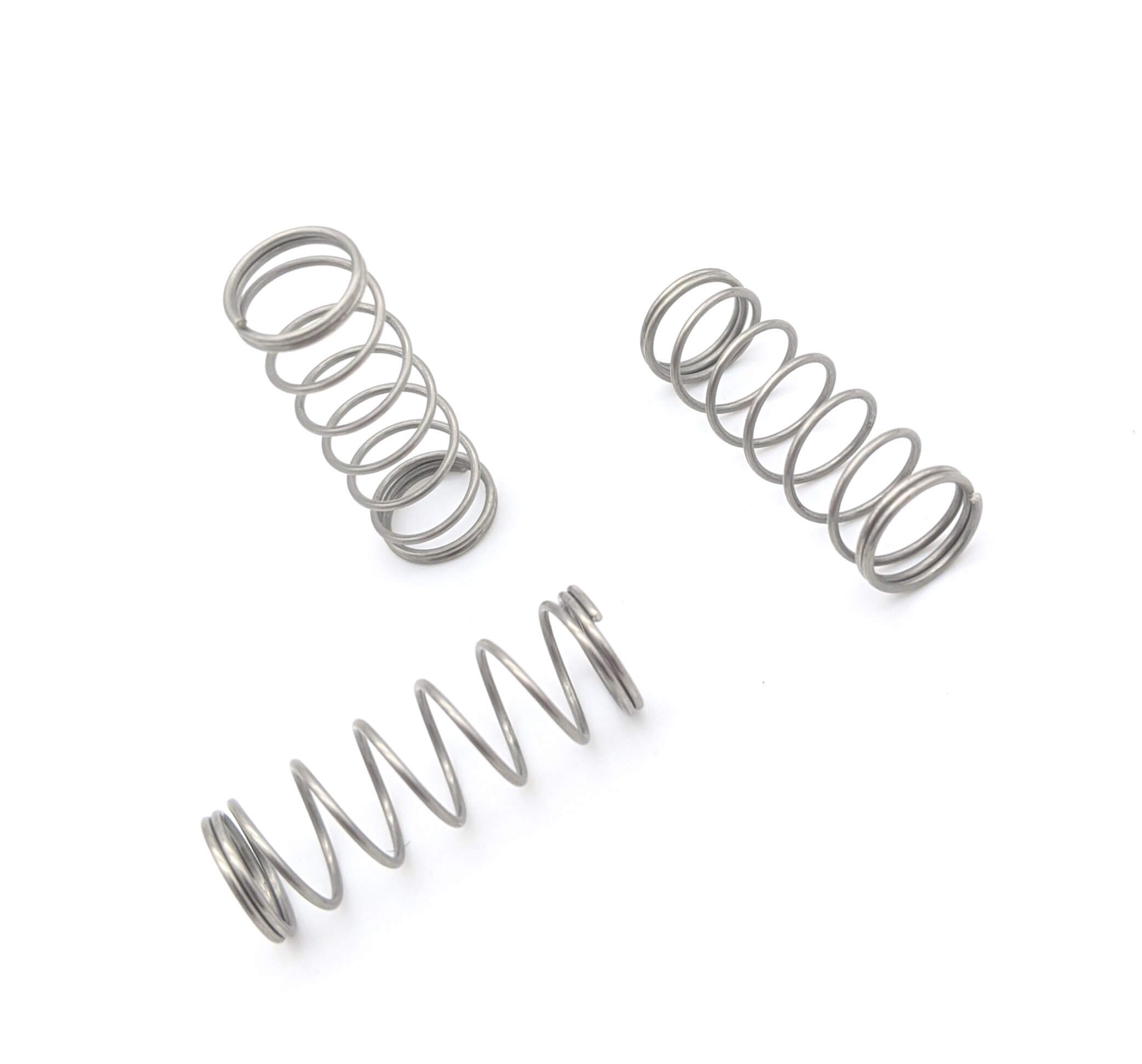Get unique, complex parts easily. No matter your requirements, Chaoyi Spring creates hard-to-produce coil springs and wire forms.
Let us help you create the custom wire form you need, from S-hooks and J-hooks to utility hooks and more.
We work closely with customers across a wide range of industries, helping them design and manufacture made-to-order parts.
Why choose Chaoyi Spring? We prioritize customer-focused collaboration, modern equipment and the latest technology to make your parts per print.
Find the information and guidance you need, from measuring a spring to learning about materials, placing an order and much more.
When it comes to garage door operation, the springs play a vital role. They provide the counterbalance needed to smoothly lift and lower the heavy door. But did you know


When it comes to garage door operation, the springs play a vital role. They provide the counterbalance needed to smoothly lift and lower the heavy door. But did you know there are two main types of springs used: torsion springs and extension springs? Both have their advantages and disadvantages, and understanding the differences is crucial for choosing the right system for your garage door. This article will delve into the specifics of each type, comparing their features, pros, cons, and safety considerations.

Torsion springs, typically found in newer garage doors, are powerful coils located above the door's header. They're responsible for lifting the door, and their strength is determined by the size and type of spring used. The torsion spring system uses a drum or shaft to store energy, providing a smoother and quieter operation than extension springs.
Extension springs, often seen in older garage doors, are located on both sides of the door. They extend and contract as the door moves, providing the necessary counterbalance. Extension springs are generally less expensive than torsion springs, making them a budget-friendly option. However, they can be noisy and less durable than their torsion spring counterparts.
While both spring types perform the same function, they differ in several key aspects:
Torsion springs are installed above the door on a shaft, while extension springs are mounted on the sides of the door. The location of these springs determines the overall configuration and operation of the garage door system.
Torsion springs are generally more powerful and durable than extension springs. This is because they store more energy due to their unique design and placement. They are also less likely to break, providing a longer lifespan.
Torsion springs can pose a significant safety hazard if not installed and maintained correctly. The high tension in the spring can cause serious injury if it breaks or releases suddenly. However, with proper care and regular inspection, the risk can be mitigated. Extension springs also require cautious handling due to their tension, but they are generally considered less dangerous than torsion springs.
Torsion springs typically provide a quieter operation than extension springs. However, both types require regular lubrication and inspection for wear and tear to ensure proper functioning and safety. Over time, springs can lose tension, making it harder to lift the door. This is where professional maintenance comes into play.
The decision between torsion and extension springs depends on various factors, including:
If you're unsure which type of springs is best for your garage door, it's highly recommended to consult with a qualified garage door technician. They can assess your specific needs and provide expert advice on the ideal spring system.
Garage door springs, especially torsion springs, are under high tension and can cause serious injuries if handled incorrectly. Here are some crucial safety precautions to keep in mind:
The choice between torsion and extension springs ultimately depends on your individual needs and preferences. Torsion springs offer superior performance and durability, but they can be more expensive and require specialized installation and maintenance. Extension springs are a budget-friendly option but may not be as durable or quiet as torsion springs. Regardless of your choice, it's crucial to prioritize safety and seek professional help for any spring-related issues. By understanding the differences and taking necessary precautions, you can ensure the smooth and safe operation of your garage door for years to come.
Garage door springs are crucial components for a smooth and safe operation. While both torsion and extension springs offer different benefits, choosing the right type depends on your needs and preferences. It is crucial to prioritize safety and seek professional help for any spring-related issues. With proper care and maintenance, you can enjoy a reliable and worry-free garage door experience.
Browse some of the custom wire forms and springs that we manufacture. Don’t see what you need? We specialize in made-to-order products that meet your application requirements.
Visit Our GalleryNeed a custom wire form or coil spring? We make it work. Fill out the contact form and a representative will respond within 1 business day. If you have a PDF or CAD file, you can submit to request a quote.